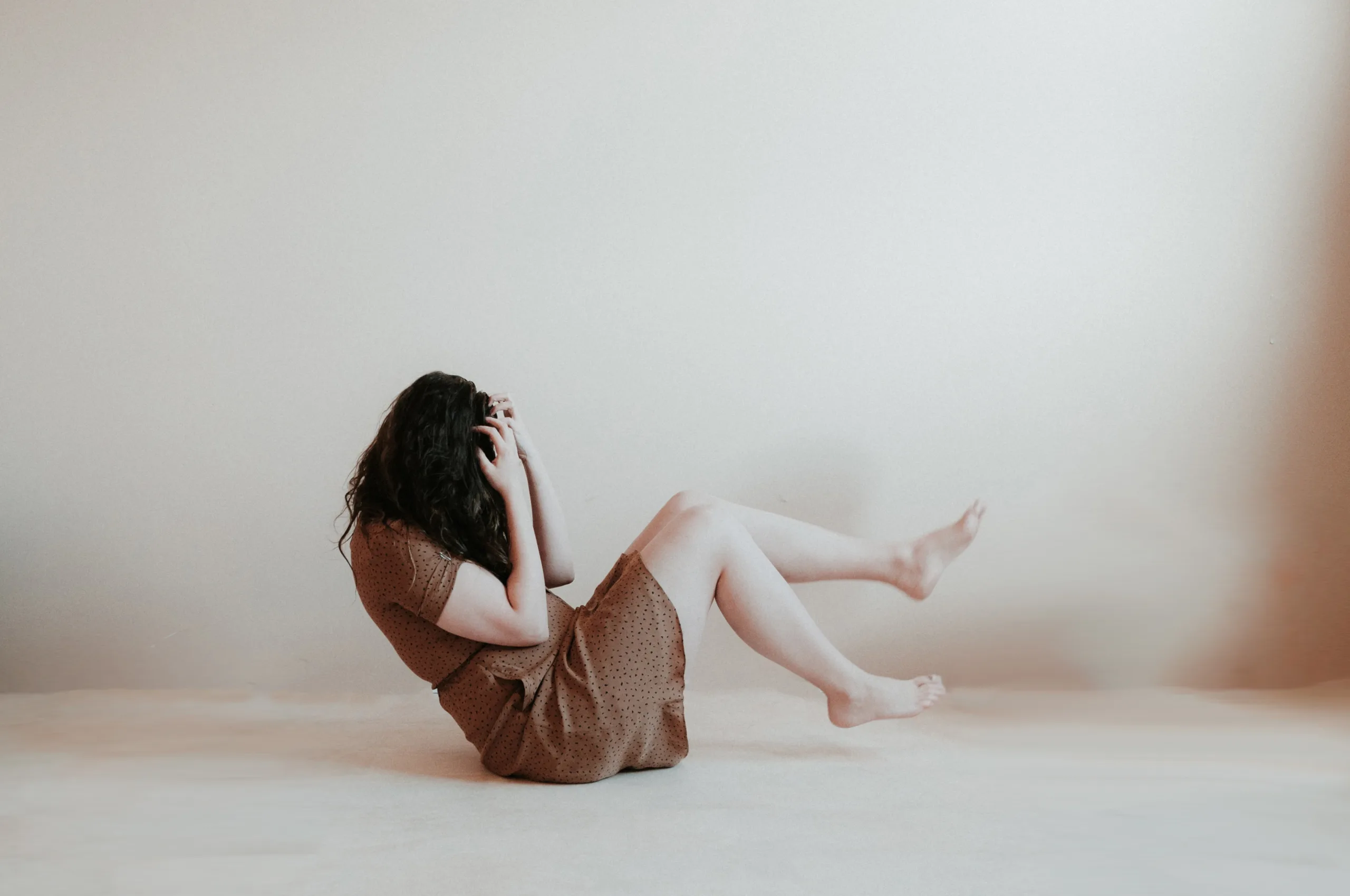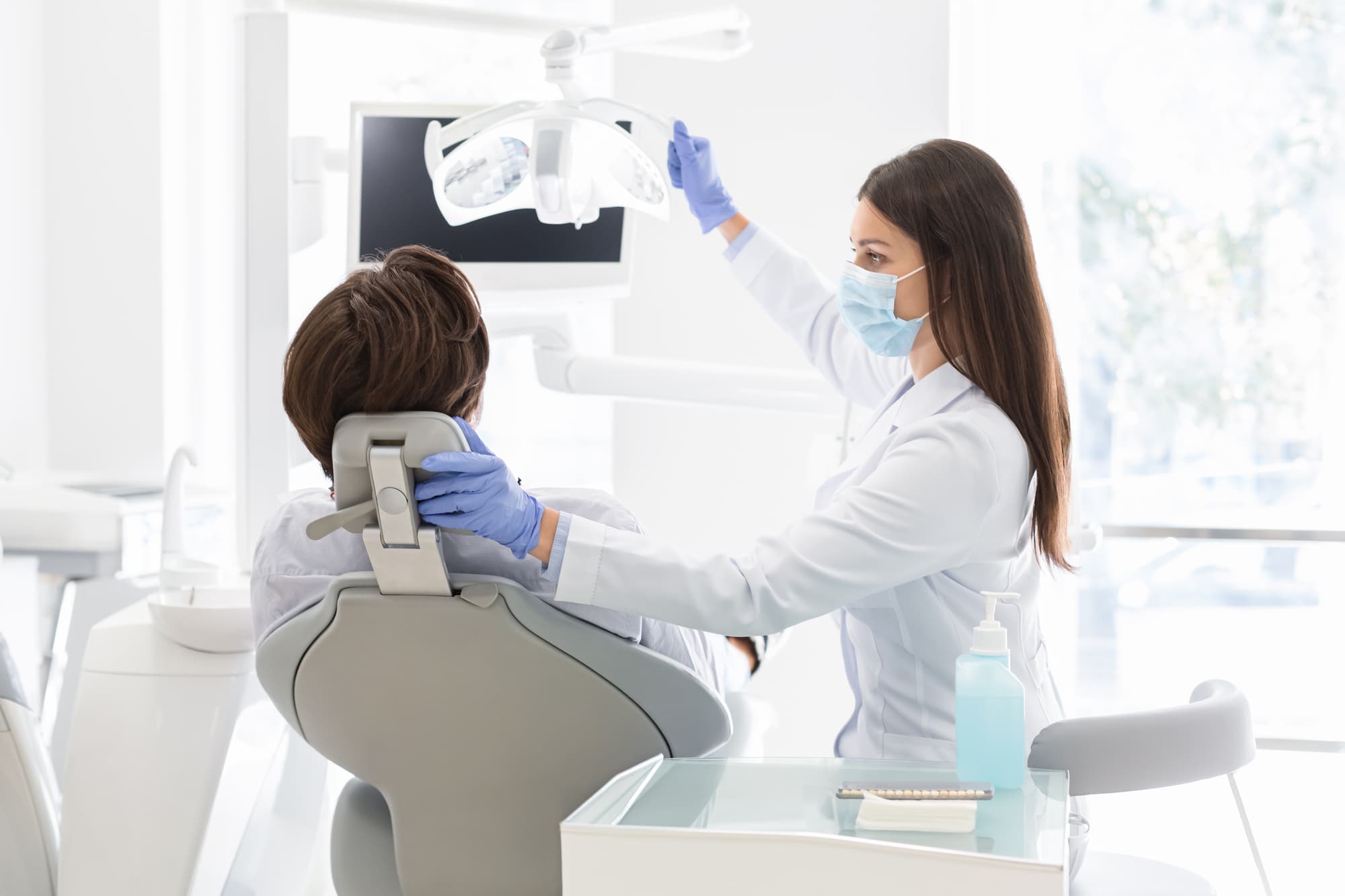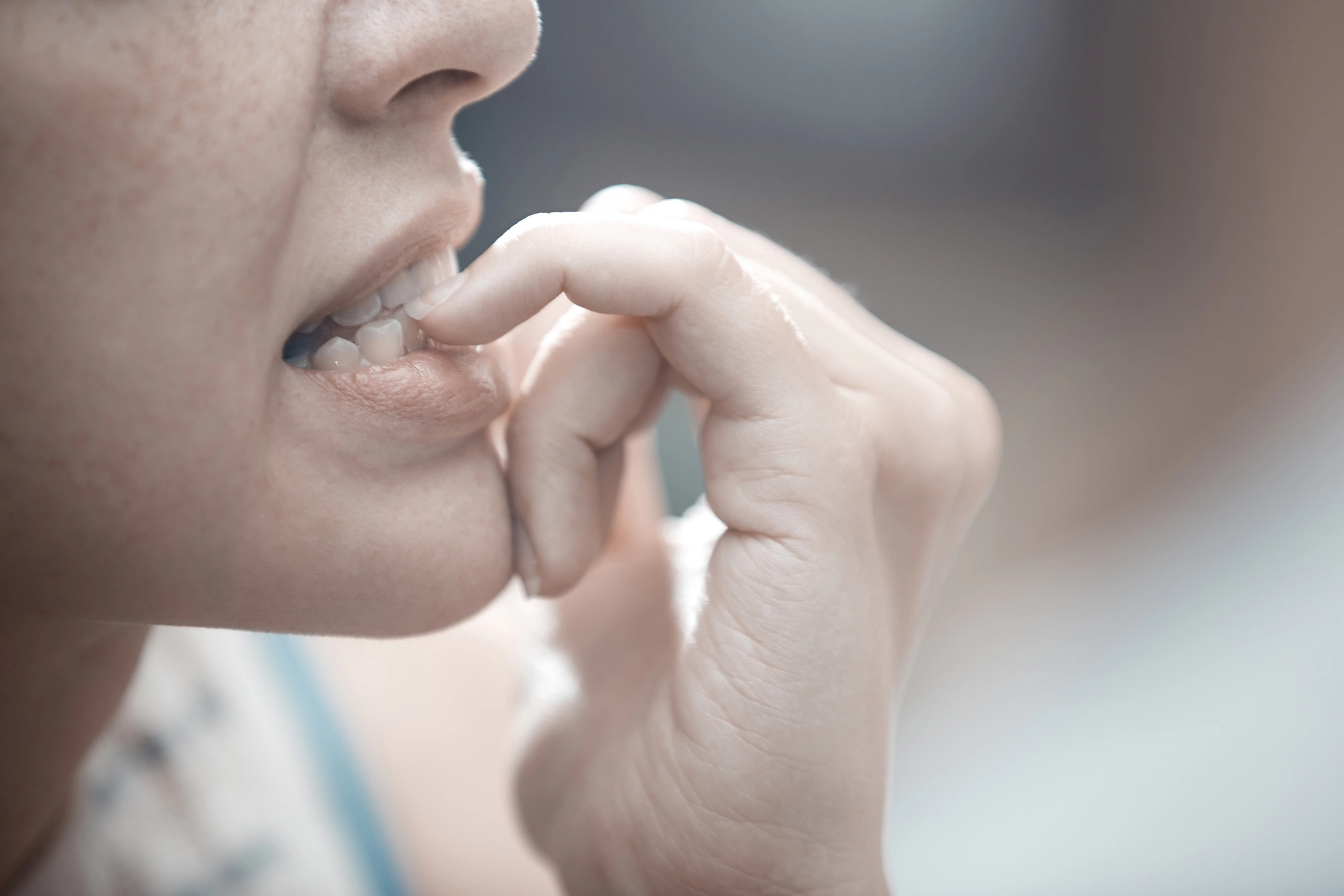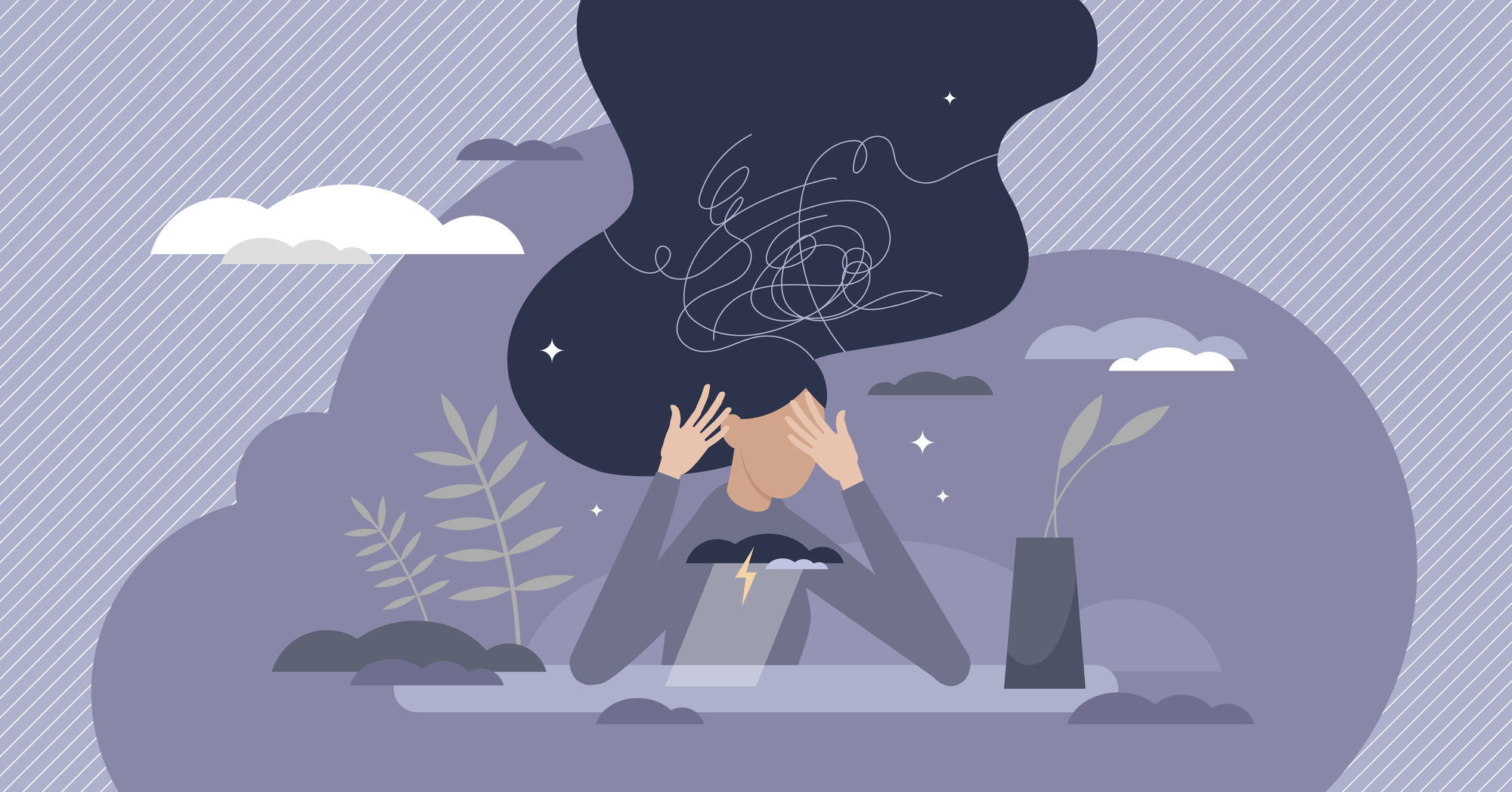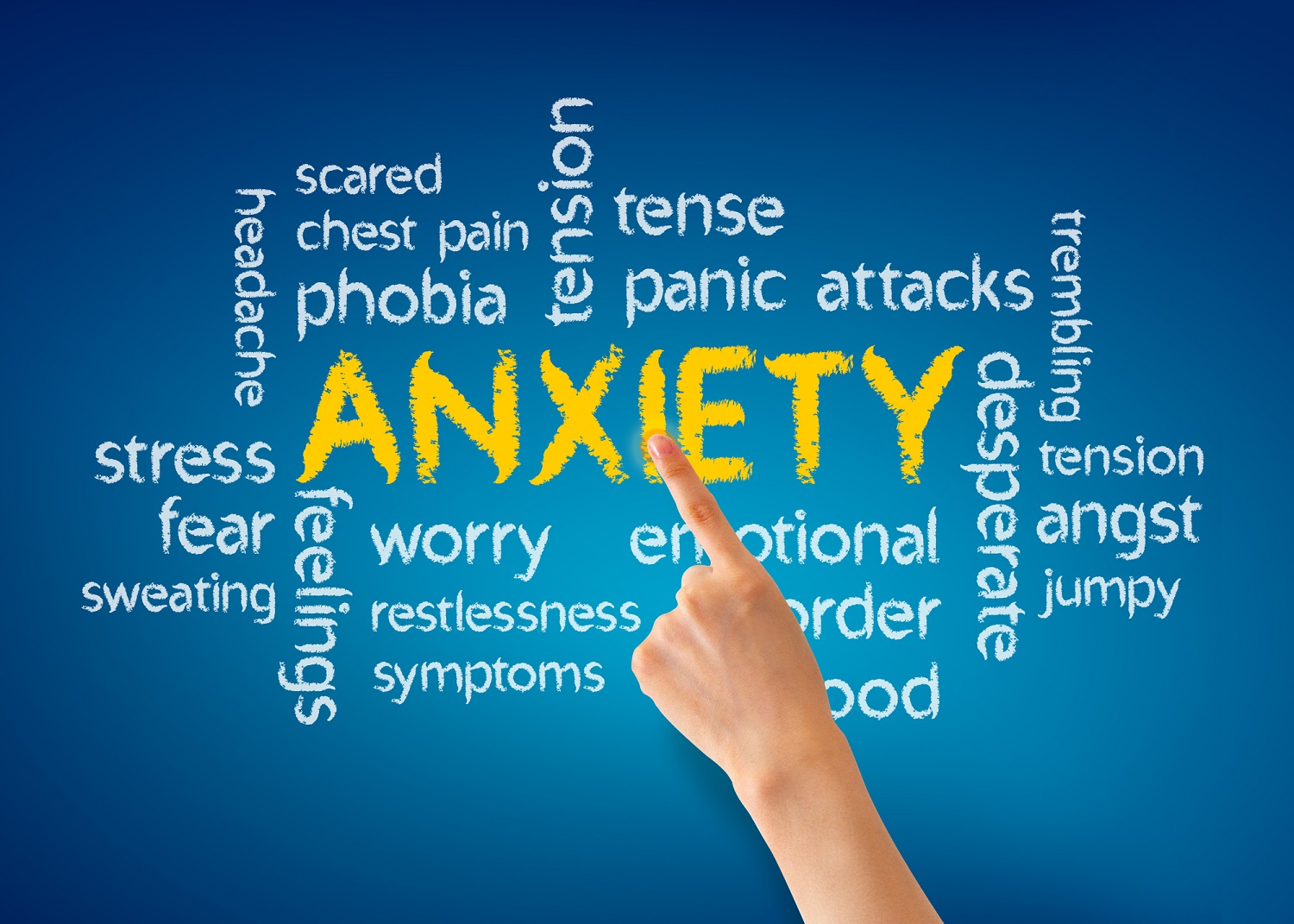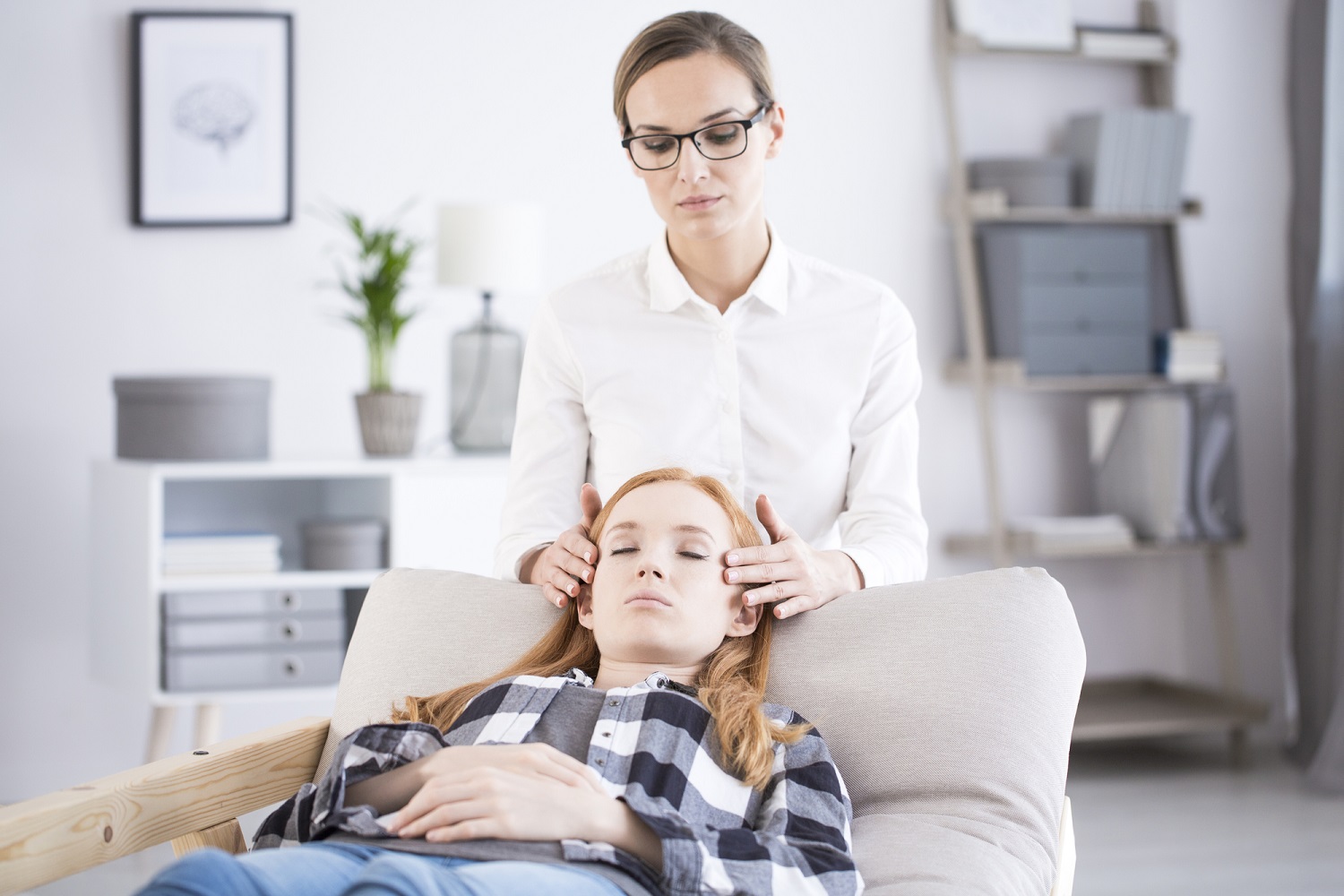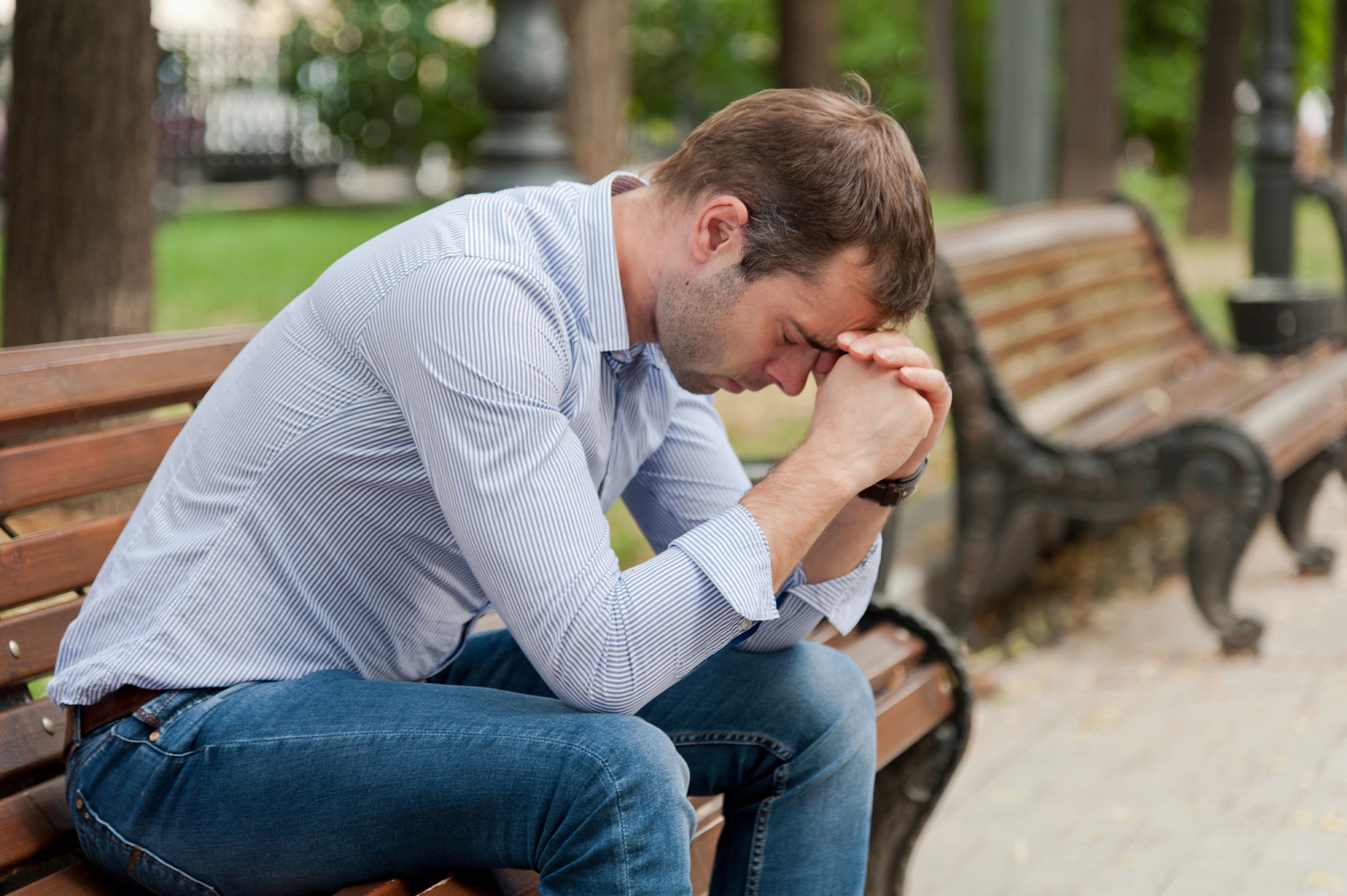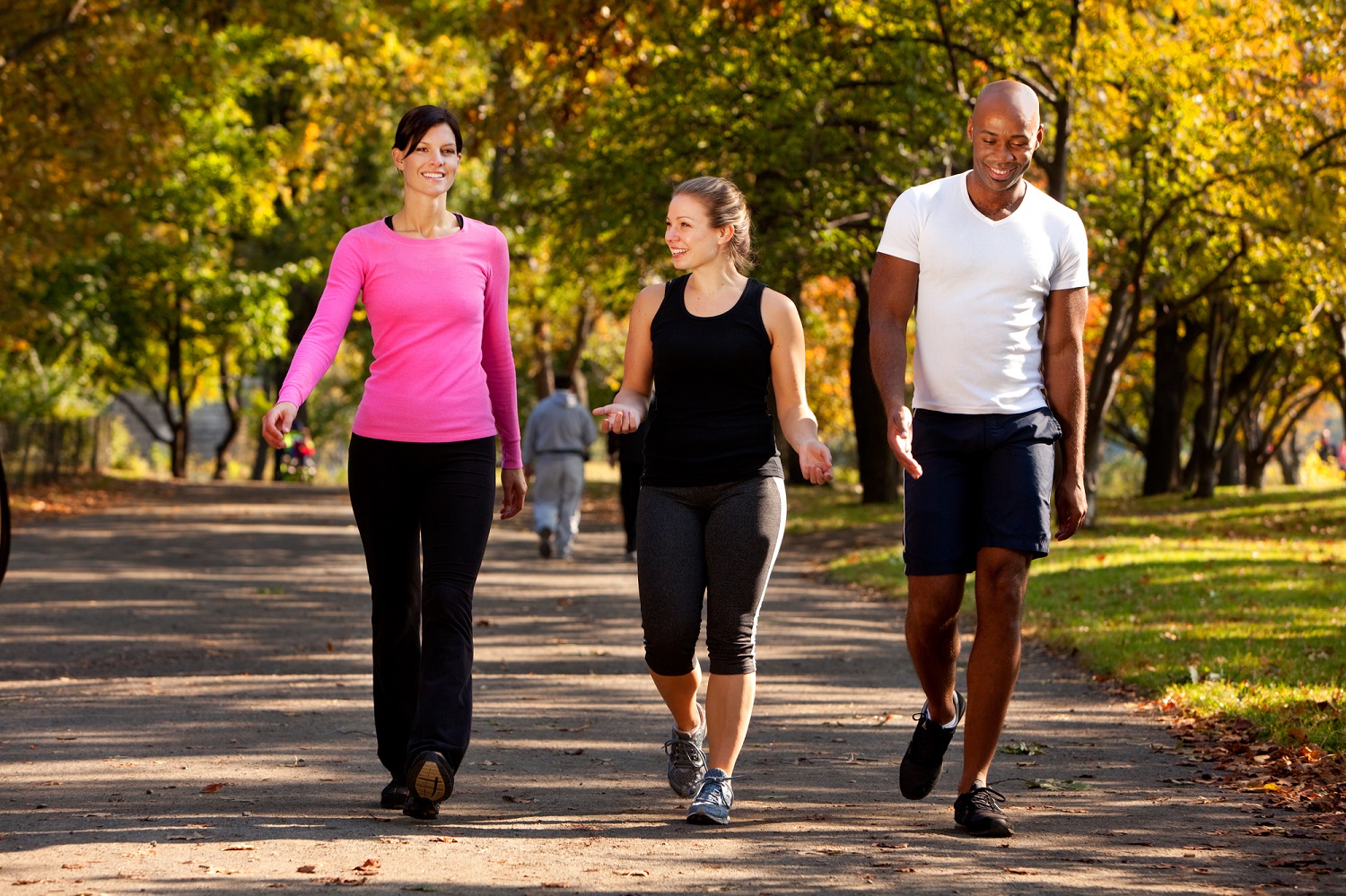Anxiety is one of the most common illnesses among older adults, affecting 14 percent of the U.S. senior population, according to Mental Health America. There are many reasons why anxiety rates are high in older adults; the fear of developing various life-threatening illnesses, fear of falling, trouble sleeping, and side effects from medications are just a few of them. Contrary to common beliefs, anxiety is not a normal part of aging and if not dealt with, it can become disruptive and disabling to a senior’s life as well as cause or exacerbate various health issues including heart disease, stroke, and high blood pressure. As you grow older, you must take anxiety as a serious mental and physical health concern and find effective ways to deal with it.
Getting a diagnosis
One major problem with anxiety in seniors is that those who have it rarely report it and assume that it’s a normal part of aging that will go away with time. Most seniors grew up in a time or place where there was stigma attached to mental health issues and may not wish to acknowledge the seriousness of what they’re dealing with even if it’s affecting their life. But, if you want to get rid of your anxiety, the first and most important step is seeking a diagnosis to know exactly what you are dealing with. There are different types of anxiety disorders – generalized anxiety disorder and post-traumatic stress disorder are the most common ones — and each of them has different effects, symptoms, and treatment options. Once you get a diagnosis, your doctor can offer various treatment options such as therapy or medications.
Physical exercise
Physical exercise can be an effective anti-anxiety tool for seniors. Various studies have shown that getting your heart rate up promotes various changes in your brain chemistry that increase the availability of key anti-anxiety neurochemicals including serotonin, endocannabinoids, and gamma-aminobutyric acid. Exercise can also serve as a diversion from the things you’re anxious about. However, stick to low impact exercises such as going for walks, tai chi, or yoga to avoid hurting yourself. If you suffer from mild to moderate anxiety, you can also try calming exercises such as taking slow and even breaths or listening to soothing sounds.
Making changes to your diet
Over the years, the healthcare industry has realized that, just like other body organs, your brain requires certain nutrients to function properly and ward off anxiety and other mental illnesses. While there are no magic foods that can cure anxiety, certain changes in your diet can improve your symptoms and speed up your recovery. For example, eating foods rich in omega-3 fatty acids such as salmon or walnuts reduces inflammation, regulates neurotransmitters, and promotes healthy brain function. Minimizing your intake of simple carbs such as white bread or rice and substituting them with complex carbs such as whole-grain bread or oatmeal can boost serotonin levels in your brain giving you a calming effect. There are also various supplements that can help you fight anxiety including magnesium, vitamin D, melatonin, and L-theanine supplements.
Using technology to ease anxiety
Thanks to advances in technology over the last few decades, various devices have been invented that can help you beat anxiety. For example, if you’re feeling anxious about your health, you can use various health monitoring devices such as heart rate or blood sugar monitors so that you always know the state of your health. If you live alone, you can use smart surveillance systems to keep an eye on your property reducing anxiety that may arise from feeling insecure. You can also use devices that are specifically designed to ease anxiety symptoms. For example, TouchPoints are wearable vibrating devices that use tactile bilateral stimulation to alleviate anxiety symptoms. Treatments that we offer in our mental health facility like TMS therapy, ketamine infusions, or neurofeedback can be especially helpful to quell the symptoms of anxiety without medication. All 3 treatments have significant scientific backing to support anxiety relief.
Anxiety is an invisible but serious health concern that can have destructive effects on your life if you don’t deal with it appropriately. It’s normal to feel alarmed, confused, or even ashamed when you’re dealing with anxiety, but with the right support, daily practices that help you relax, and guidance from medical professionals, you can find lasting relief and live a happy life.


